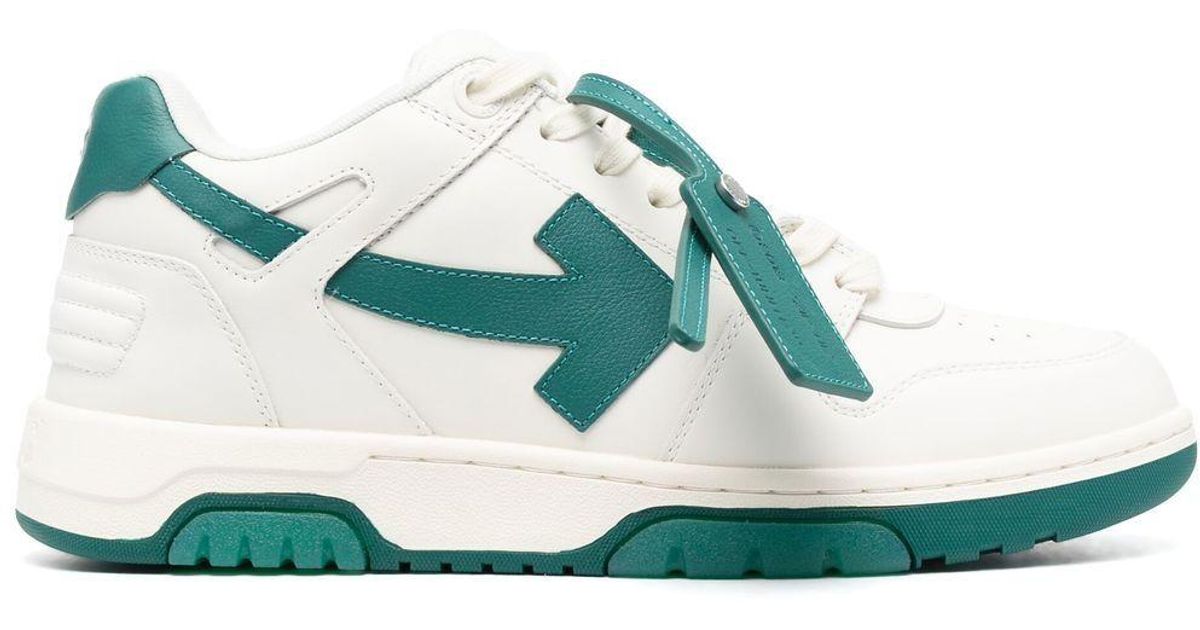

The decision to keep classified documents at Mar-a-Lago - a property frequented by paying members, their guests and anyone attending the weddings, political fundraisers, charity dinners and other events held on site - was part of a long pattern of disregard for national security secrets. And of course there won’t be because they’re making it all up.” “There has to be some objective, contemporaneous, evidence-based corroboration of the claims that they’re making. While he said it is true that there is no statute or order that outlines procedures the president must abide by to declassify information, “at the same time it’s ludicrous to posit that a decision to declassify documents would not have been contemporaneously memorialized in writing.” “It just strikes me as a post hoc public affairs strategy that has no relationship to how classified information is in fact declassified,” said Laufman, who oversaw the investigation into Hillary Clinton’s personal email server during her tenure as secretary of state. But David Laufman, the former chief of the Justice Department’s counterintelligence section, said that’s not how it works. Trump allies have tried to claim the presidency granted him unlimited power to unilaterally declassify documents without formal declaration. And White House officials have repeatedly said they had no prior knowledge of plans to search the estate. The judge, however, has also supported Republicans. The former president and his allies have argued the move amounts to political persecution, noting the judge who approved the warrant has given money to Democrats. A top executive at the business pleaded guilty last week in a tax fraud case brought by the Manhattan district attorney.īut few legal threats have galvanized Trump and his most loyal supporters like the Mar-a-Lago search. Meanwhile, Trump invoked his Fifth Amendment protection against self-incrimination as he testified under oath in the New York attorney general’s long-running civil investigation into his business dealings.

A Georgia investigation into election interference has moved closer to the former president, with former New York City Mayor Rudy Giuliani, a top defender, informed earlier this month that he is a target of a criminal probe. The investigation into Trump’s handling of documents comes as he’s facing mounting legal scrutiny on multiple fronts.

Asked directly if he kept any classified information upon leaving office, former Vice President Mike Pence told The Associated Press on Friday, “No, not to my knowledge.” Others in the Trump administration took more care with sensitive documents. And as my time went on, I could certainly see why.” John Bolton, who served as Trump’s third national security adviser, said that, before he arrived, he’d heard “there was a concern in the air about how he handled information. Classified information was tweeted, shared with reporters and adversaries - even found in a White House complex bathroom. Official items that would traditionally be turned over to the National Archives became intermingled with his personal belongings in the White House residence. He routinely tore up official papers that later had to be taped back together. But Trump’s flouting of the Presidential Records Act, which outlines how materials should be preserved, was well documented throughout his time in office. Why Trump refused to turn over the seized documents despite repeated requests remains unclear. Officials have not revealed exactly what was contained in the boxes, but the FBI has said it recovered 11 sets of classified records, including some marked “sensitive compartmented information,” a special category meant to protect secrets that could cause “exceptionally grave” damage to U.S. The search of Trump’s Mar-a-Lago club earlier this month to retrieve documents from his White House years was an unprecedented law enforcement action against a former president who is widely expected to run for office once again.


 0 kommentar(er)
0 kommentar(er)
